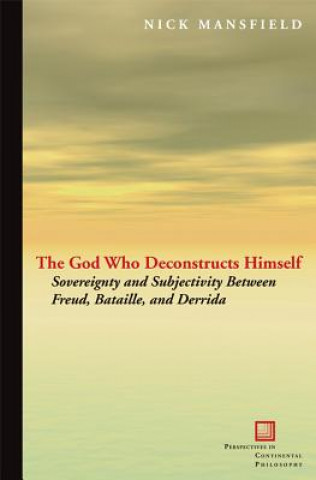
Kód: 04941068
God Who Deconstructs Himself
Autor Nick Mansfield
No topic has caused more discussion in recent philosophy and political theory than sovereignty. From late Foucault to Agamben, and from Guantanamo Bay to the 'war on terror,' the issue of the extent and the nature of the sovereign ... celý popis
- Jazyk:
 Angličtina
Angličtina - Väzba: Pevná
- Počet strán: 144
Nakladateľ: Fordham University Press, 2010
- Viac informácií o knihe

105.18 €

Skladom u dodávateľa v malom množstve
Odosielame za 10 - 14 dní
Potrebujete viac kusov?Ak máte záujem o viac kusov, preverte, prosím, najprv dostupnosť titulu na našej zákazníckej podpore.
Pridať medzi želanie
Mohlo by sa vám tiež páčiť
-

From Trickster to Badman
35.15 € -

French Phrasebook
18.29 € -
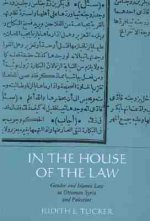
In the House of the Law
45.68 € -

Plant galls
31.47 €
Darčekový poukaz: Radosť zaručená
- Darujte poukaz v ľubovoľnej hodnote, a my sa postaráme o zvyšok.
- Poukaz sa vzťahuje na všetky produkty v našej ponuke.
- Elektronický poukaz si vytlačíte z e-mailu a môžete ho ihneď darovať.
- Platnosť poukazu je 12 mesiacov od dátumu vystavenia.
Viac informácií o knihe God Who Deconstructs Himself
Nákupom získate 260 bodov
 Anotácia knihy
Anotácia knihy
No topic has caused more discussion in recent philosophy and political theory than sovereignty. From late Foucault to Agamben, and from Guantanamo Bay to the 'war on terror,' the issue of the extent and the nature of the sovereign has given theoretical debates their currency and urgency. New thinking on sovereignty has always imagined the styles of human selfhood that each regime involves. Each denomination of sovereignty requires a specific mode of subjectivity to explain its meaning and facilitate its operation. The aim of this book is to help outline Jacques Derrida's thinking on sovereignty - a theme which increasingly attracted Derrida towards the end of his career - in its relationship to subjectivity. It investigates the late work Rogues: Two Essays on Reason, as not only Derrida's fullest statement of his thinking on sovereignty, but also as the destination of his career-long interest in questions of politics and self-identity. The book argues that in Derrida's thinking of the relationship between sovereignty and subjectivity - and the related themes of unconditionality and ipseity - we can detect the outline of Bataille's adaptation of Freud. Freud completed his 'metapsychology,' by defining the 'economic' nature of subjectivity. In Bataille's hands, this economic theory became a key to the nature of inter-relationship in general, specifically the complex and shifting relationship between subjectivity and power. In playing with Bataille's legacy, Derrida connects not only with the irrepressibly outrageous thinking of philosophy's most self-consciously transgressive thinker, but with the early twentieth century scientific revolution through which 'energy' became ontology. As with so many of the forebears who influenced him, Derrida echoes and adapts Bataille's thinking while radically de-literalising it. The results are crucial for understanding Derrida's views on power, subjectivity and representation, as well as all of the other key themes in late Derrida: hospitality, justice, otherness and the gift.
 Parametre knihy
Parametre knihy
Zaradenie knihy Knihy po anglicky Humanities Philosophy History of Western philosophy
105.18 €
- Celý názov: God Who Deconstructs Himself
- Podnázov: Sovereignty and Subjectivity Between Freud, Bataille, and Derrida
- Autor: Nick Mansfield
- Jazyk:
 Angličtina
Angličtina - Väzba: Pevná
- Počet strán: 144
- EAN: 9780823232413
- ISBN: 0823232417
- ID: 04941068
- Nakladateľ: Fordham University Press
- Hmotnosť: 340 g
- Rozmery: 229 × 152 × 15 mm
- Dátum vydania: 15. July 2010
Obľúbené z iného súdka
-

Meditations
9.39 € -24 % -

The Myth of Sisyphus
8.07 € -

Why I Am so Clever
4.18 € -11 % -

Meditations
14.91 € -23 % -

Republic
11.95 € -17 % -

Beyond Good and Evil
11.13 € -23 % -

Gay Science
12.67 € -22 % -

Aphorisms on Love and Hate
3.57 € -24 % -
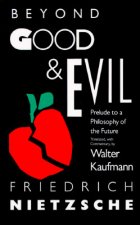
Beyond Good & Evil
12.87 € -21 % -

Meditations on First Philosophy
10.72 € -19 % -
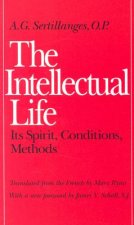
Intellectual Life
19.51 € -19 % -

Socrates' Defence
3.57 € -24 % -

Discourses, Fragments, Handbook
11.64 € -19 % -

Ride the Tiger
25.14 € -3 % -

Thus Spoke Zarathustra
9.80 € -24 % -

Fear and Trembling
11.13 € -23 % -

Birth of Tragedy
4.08 € -13 % -
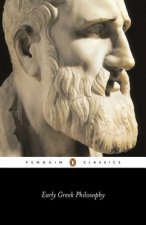
Early Greek Philosophy
14.40 € -23 % -
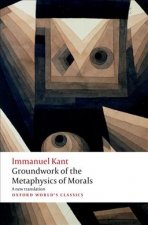
Groundwork for the Metaphysics of Morals
10.93 € -19 % -
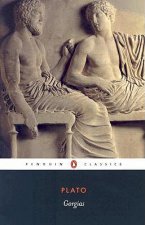
Gorgias
11.75 € -
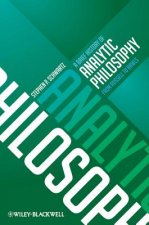
Brief History of Analytic Philosophy - From Russell to Rawls
38.63 € -2 % -
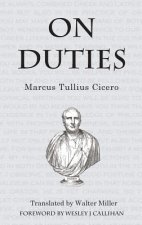
On Duties
13.69 € -4 % -

Discourses and Selected Writings
10.93 € -24 % -

Nicomachean Ethics
6.02 € -19 % -

Nausea
11.13 € -23 % -

Letters from a Stoic
12.36 € -15 % -

Meditations
20.03 € -21 % -

Simulacra and Simulation
22.89 € -

Phenomenology of Spirit
34.85 € -

Twilight of the Idols with The Antichrist and Ecce Homo
5.41 € -28 % -

On Liberty, Utilitarianism and Other Essays
10.11 € -22 % -
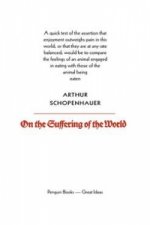
On the Suffering of the World
7.96 € -22 % -

Human Condition
21.56 € -9 % -

On the Shortness of Life
8.58 € -18 % -

Existentialism Is a Humanism
9.09 € -19 % -

Think
12.26 € -15 % -

Guide to the Good Life
18.90 € -2 % -
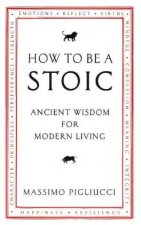
How To Be A Stoic
17.67 € -23 % -

The Symposium
9.29 € -19 % -

Human, All Too Human & Beyond Good and Evil
5.92 € -21 % -

At The Existentialist Cafe
12.77 € -24 % -

Undiscovered Self
28.61 € -

Passions of the Soul and Other Late Philosophical Writings
12.26 € -23 % -

The Trouble With Being Born
13.18 € -18 % -

Leviathan
5.20 € -30 % -
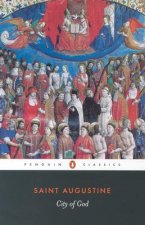
City of God
18.90 € -2 % -

Ecce Homo
10.11 € -22 % -
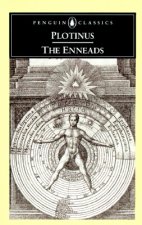
Enneads
16.35 € -19 % -

On Friendship
7.96 € -22 %
Osobný odber Bratislava a 2642 dalších
Copyright ©2008-24 najlacnejsie-knihy.sk Všetky práva vyhradenéSúkromieCookies


 21 miliónov titulov
21 miliónov titulov Vrátenie do mesiaca
Vrátenie do mesiaca 02/210 210 99 (8-15.30h)
02/210 210 99 (8-15.30h)